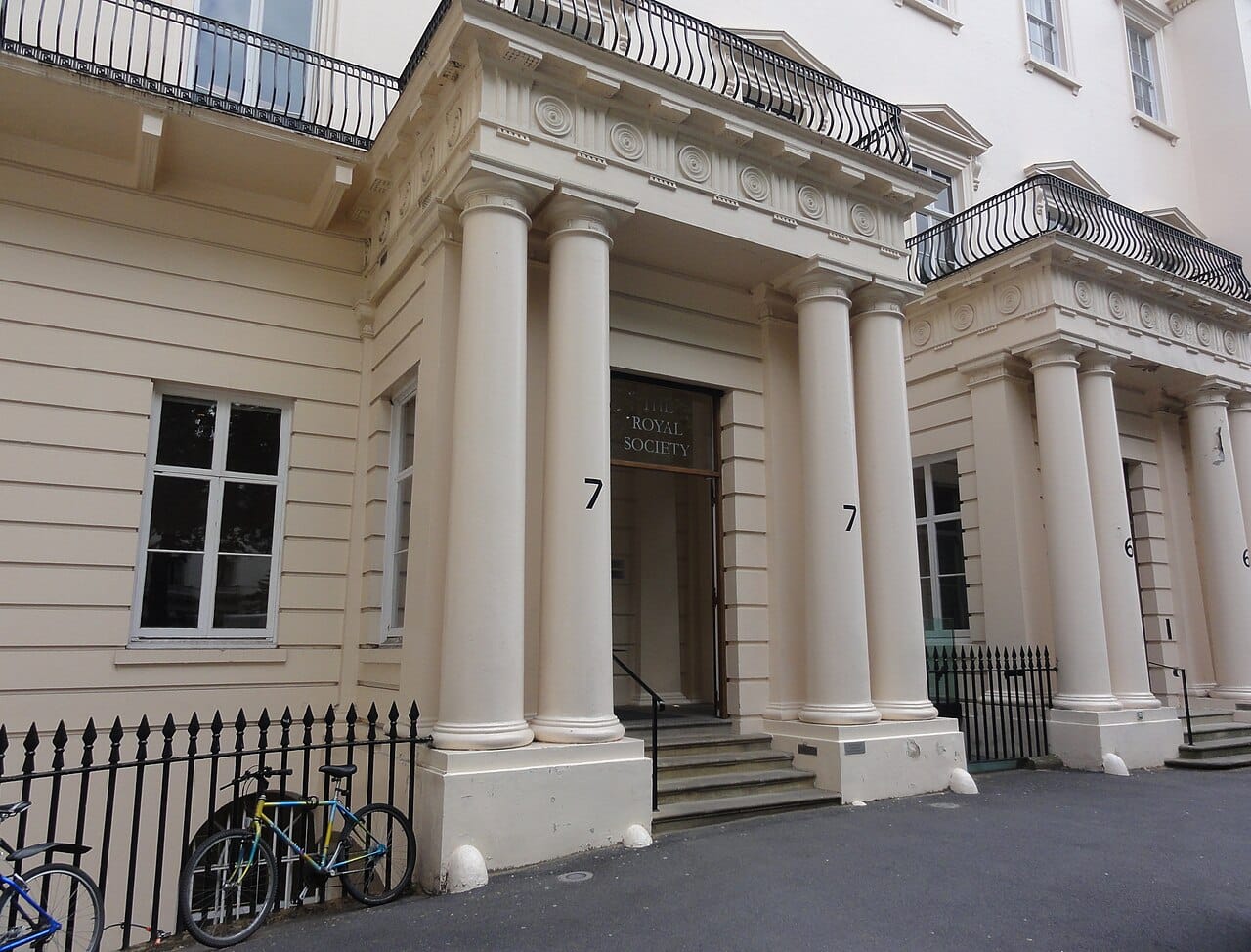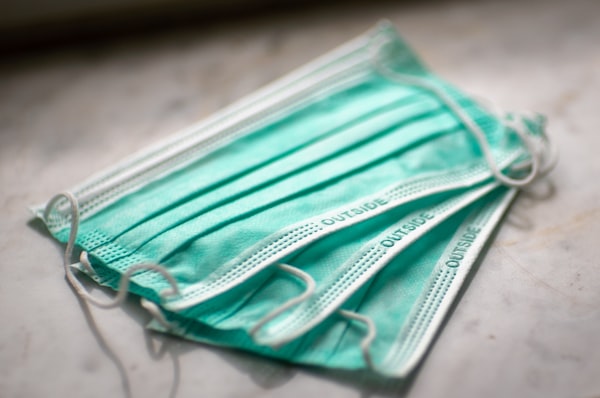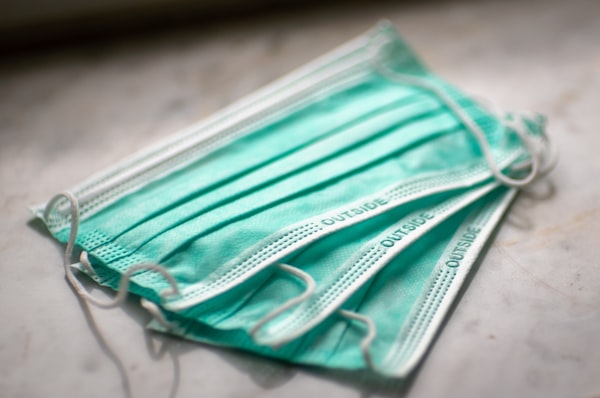A tale of two awardees

In many respects Krishna Ella and Elon Musk are poles apart but on some they share a few similarities. Both of them have played along with nationalist elements in their respective national governments in order to further their agendas, if not profits. Both men are also at the helm of successful companies that build valuable products that a lot of people need, that the world needs. But while Elon Musk continues to be a despotic techbro, Krishna Ella is just a fellow who’s made some detrimental decisions.
Recently, both men were also in the news for honours they’d received.
The Royal Society in the UK continues to remain under pressure to rescind its fellowship of Musk, which it granted in 2018, owing to his attacks on free speech (ironically in the guise of protecting an absolute right to free speech), support for pseudoscientific ideas (including his antivaccine sentiments and support for climate denialism), and generally being unable to tell profundity from horseshit.
At least one other fellow has resigned to protest the Royal Society’s unwillingness to suspend Musk’s membership: retired University of Oxford psychologist Dorothy Bishop. She wrote in November 2024 on her blog:
There was no formal consultation of the Fellowship but via informal email contacts, a group of 74 Fellows formulated a letter of concern that was sent in early August [2024] to the President of the Royal Society, raising doubts as to whether he was "a fit and proper person to hold the considerable honour of being a Fellow of the Royal Society". The letter specifically mentioned the way Musk had used his platform on X to make unjustified and divisive statements that served to inflame right-wing thuggery and racist violence in the UK.
Somebody (not me!) leaked the letter to the Guardian, who ran a story about it on 23rd August.
I gather that at this point the Royal Society Council opted to consult a top lawyer to determine whether Musk's behaviour breached their Code of Conduct. The problem with this course of action is that if you are uncertain about doing something that seems morally right but may have consequences, then it is easy to find a lawyer who will advise against doing it. … And, sure enough, the lawyer determined that Musk hadn't breached the Code of Conduct.
According to Bishop, Musk is in breach of sections 2.6, 2.10, and 2.11 of the ‘Code of Conduct’:
2.6: Fellows and Foreign Members shall carry out their scientific research with regard to the Society's statement on research integrity and to the highest standards.
2.10: Fellows and Foreign Members shall treat all individuals in the scientific enterprise collegially and with courtesy, including supervisors, colleagues, other Society Fellows and Foreign Members, Society staff, students and other early‐career colleagues, technical and clerical staff, and interested members of the public.
2.11: Fellows and Foreign Members shall not engage in any form of discrimination, harassment, or bullying.
Seems fair. I reckon that together with the possibility of the unspecified “consequences” for the Royal Society Bishop has speculated, the body will also be mindful of being obligated to reassess the fellowship of many other individuals on its roster should it remove Musk on these grounds. (To be clear, this isn’t a defence of its position.)

I’ve always held that awards are distinguished by their laureates and not the other way around. Fellowship of the Royal Society isn’t technically an award but for the most part it operates with the same incentives. Its code is thoughtful enough to not be limited to one’s conduct as a scientist. Just as the Millennium Plaque of Honour wouldn’t make a dent on the reputation of any scientist who wins it because it was awarded to Appa Rao Podile in 2017 — after he let police personnel lathi-charge the students in his care at the University of Hyderabad — it must be difficult to count Musk among one’s peers as fellows of the Royal Society.

Consider Krishna Ella now. As part of its annual routine, the Indian National National Science Academy (INSA) handed out 61 fellowships last week, Ella among them. It’s the first time INSA has included industry leaders for this recognition. According to a statement on the INSA website:
Dr. Krishna Ella, a prominent Indian scientist and entrepreneur, leads Bharat Biotech in ground-breaking vaccine development. His achievements include India’s Covaxin, the world’s first clinically proven conjugated Typhoid Vaccine, ROTAVAC, and the first preservative-free vaccine, Revac-B mcf Hepatitis B Vaccine. Bharat Biotech also introduced India’s first cell-cultured Swine Flu vaccine and manufactures the world’s most affordable Hepatitis vaccines. Additionally, they were the first globally to develop a vaccine for the Zika virus.
Impressive achievements, right? But to me, Ella will equally be the man who saw fit to file defamation cases against me and many of my fellow journalists for publishing evidence-based articles critical of the manner in which the Indian government approved Covaxin for COVID-19 (with emphasis on the Indian government, not Bharat Biotech).

I’m not at liberty to quote from these articles as Bharat Biotech was able to obtain an ex-parte injunction to take them offline until the proceedings concluded. But as with Bishop vis-à-vis Musk, here’s an instructive passage from the INSA ‘Code of Conduct’:
All people associated with INSA are expected to adhere to certain minimal standards of ethical behaviour which include but are not limited to, honesty, integrity, and professional (sic). Integrity in the context of scientific research means trustworthiness of the data collected/presented, their interpretation, and the soundness of methodology/protocol followed in carrying out the research.
At the time the Drugs Controller General of India (DGCI) signed off on the use of Covaxin and Covishield in “clinical trial mode” on the cusp of India’s drive to vaccinate against COVID-19, in January 2021, the country’s medico-legal doctrine didn’t recognise the term “trial mode” and phase III trials of both vaccines hadn’t been completed.
To make matters worse, the DGCI said the vaccines were “110% safe” when the safety data hadn’t even been collected. AstraZeneca came through later with the complete safety and efficacy data for Covishield. In July 2021, Bharat Biotech researchers uploaded a preprint paper reporting safety data for only 56 days following vaccination with Covaxin. To this day, Bharat Biotech and the Union health ministry have yet to release the long-term safety data collected during Covaxin’s phase-III trial. Instead, both the company and the national government have simply expected people at large to trust them. Irrespective of whether the vaccine is safe, these actions are inimical to trustworthiness.
I’m not opposed to Ella becoming an INSA fellow because I don’t care. Instead, my concerns are about INSA: I know it focuses on a prospective fellow’s scientific work at the time of granting the fellowship (see link below) and I suspect the Royal Society does too, but the latter also has a code of conduct that extends to fellows’ conduct beyond the scientific enterprise and other fellows who find value in all their peers adhering to it.

The Royal Society fellows’ protests against sharing the honour with Musk is of a piece with his increasingly rightward turn in recent years being met with scientists speaking up against him in various fora. While there isn’t a correspondingly objectionable scientist in India, I also don’t recall members of the Indian scientific community speaking up in defence of science journalists who are speaking for science when they’re harassed by other members of the research enterprise, at least beyond the constant few I remain grateful for.







